You never forget your first fishing trip, and for me, I also can recall every sight, smell and sound from my first Texas adventure.
I remember the croaking of what sounded like a million bullfrogs carrying through the thick, humid air.
I remember the maze of brilliant-green lily pads that criss-crossed the murky stock tank.
I remember the red and white bobber meticulously rocking side to side before diving violently below.
I remember holding up the fat, wriggling bluegill, admiring its shade of yellow I’d never seen before.
But most importantly, I remember being smitten with just getting the chance to go fishing for the first time with my dad and my uncles.
Since that day more than two decades ago in Brazos County, I have grown to love the outdoors and I am grateful someone took the time — however inconsequential it might have been — to introduce me to a pastime that has become one of the loves of my life.
While catching fish that day only cemented the pursuit, that’s not the only reason to introduce someone to angling. It can create lifelong bonds with people who share a common interest and enjoy spending time together.
It’s also downright enjoyable.
This upcoming weekend marks the best opportunity of the year to introduce someone who hasn’t had the joy of setting the hook on a fish to squeal in delight when they finally do it.
And the best part is there’s no age limit.
The annual free fishing day in Texas is set for Saturday, presenting a chance for residents and nonresidents to fish with no strings attached.
All public waters are open for the event, which also has become an annual tradition in nearly every state. Another added bonus is most state game and fish agencies set up angling clinics and opportunities for people of all ages and skill levels, and the Lone Star State is no different.
The event, held each June in conjunction with National Fishing and Boating Week — set this year for June 3-11 — could be the first foray into the outdoor for many children and even some adults. However, once you get the bug for fishing, you also should take note that the Texas Parks & Wildlife Department also offers free fishing all year in state parks, and we’ve got some great angling locales just begging you to carve out some time and make the short drive.
In addition to offering insight into fishing pursuits, the annual Week shines a spotlight on the most important aspect of boating and enjoying our local waters: safety. There already have been numerous drownings reported in Texas and the height of the summer boating season isn’t even underway yet.
With that in mind, here’s a glimpse at common boating safety questions.
What are Texas’ boater education requirements?
Anyone born on or after Sept. 1, 1993, must pass a boater education course to operate vessels over 15 horsepower and wind-blown vessels over 14 feet. The course also must be passed to operate all personal watercraft.
Fees start at $20 for a basic course, and there are numerous ways to study up on the regulations surrounding safe boating. The courses have helped to curb accidents and fatalities, much in the same fashion as hunter education. And it’s a good bet you’ll meet up with some type of law enforcement officer on the water this summer who will be checking to ensure all your safety gear and training is aboard.
A recent Coast Guard boating statistics report revealed that alcohol use was the leading contributing factor in 17 percent of overall fatal boating accidents. Operator inattention, operator inexperience, improper lookout, machinery failure and excessive speed were the next primary contributing factors in accidents.
Approximately 14 percent of deaths occurred on vessels where the operator had received boating safety instruction, while the most common types of vessels involved in accidents were open motorboats, personal watercraft and cabin motorboats, according to the same report.
What type of life jackets do I need?
Life jackets should be second nature for every boater and angler, but the statistics back up their importance. Almost 71 percent of boating accident victims drowned, with 84 percent of those victims reported as not wearing a life jacket, according to the report.
TPWD recognizes five types of personal flotation devices. A Type I PFD (offshore life jacket) is best for open, rough or remote waters. A Type II (near-shore buoyant vest) is best for calmer, inland waters and is less bulky. A Type III (flotation aid) is what most people use. It is the most comfortable for continuous wear. A Type IV (throwable device) can be a life ring or other buoyant float. A Type V (hybrid device) is the least bulky but must be worn to be counted as a legal PFD.
In Texas, all vessels less than 16 feet, including canoes and kayaks, must be equipped with one Type I, II, III or V for each person on board. Vessels 16 feet and longer must have one Type IV which must be readily accessible, in addition to the Type I, II, III or V for each person on board.
Children under 13 in motorized boats less than 26 feet must wear an approved PFD while the craft is under way.
Is it illegal to have open alcohol containers on a boat?
No. However, boating while intoxicated is an offense similar to driving while intoxicated. A first conviction for BWI is punishable by a fine as much as $2,000 and as much as 180 days in jail. The second carries a penalty of as much as a $4,000 fine and as much as a year in jail. A third conviction could lead to a fine of as much as $10,000 and as much as 10 years in jail.
A BWI conviction also can lead to revocation of a driver’s license.
What are the laws involving boating accidents?
The operator of any vessel involved in an accident must stop and render whatever assistance is necessary unless that aid would endanger their boat, crew or passengers. The operator must provide their name, address and vessel ID number in writing to any injured person and to the owner of property damaged in an accident.
Failure to do so in an accident that results in death or serious bodily injury is punishable as a Texas Parks & Wildlife Code felony. Failure to do so in an accident that does not result in death or serious bodily injury is punishable as a Class A misdemeanor.
What other devices do I legally need?
Any vessel less than 39 feet in length is required to have a whistle, horn or other sound-producing device onboard for the signaling of intentions and position if visibility is reduced. Vessels longer than 39 feet are required to have a whistle or horn and a bell.
Each motorboat towing at least one person must have an observer, other than the operator, who is at least 13 or have a rearview mirror of at least 4 inches from top to bottom and side to side.
All vessels when not docked, including paddle craft, must have at least one bright light, lantern or flashlight visible in a 360-degree angle from sunset to sunrise in all weather conditions and when visibility is restricted.
What are the state’s boating registration and title requirements?
All motorized boats, regardless of length, all sailboats 14 feet or longer and any sailboat with an auxiliary engine must be registered. In addition, all outboard motors must be titled. Vessels exempt from the requirements include non-motorized canoes, kayaks, paddle craft or rafts, regardless of their length, and sailboats under 14 feet.
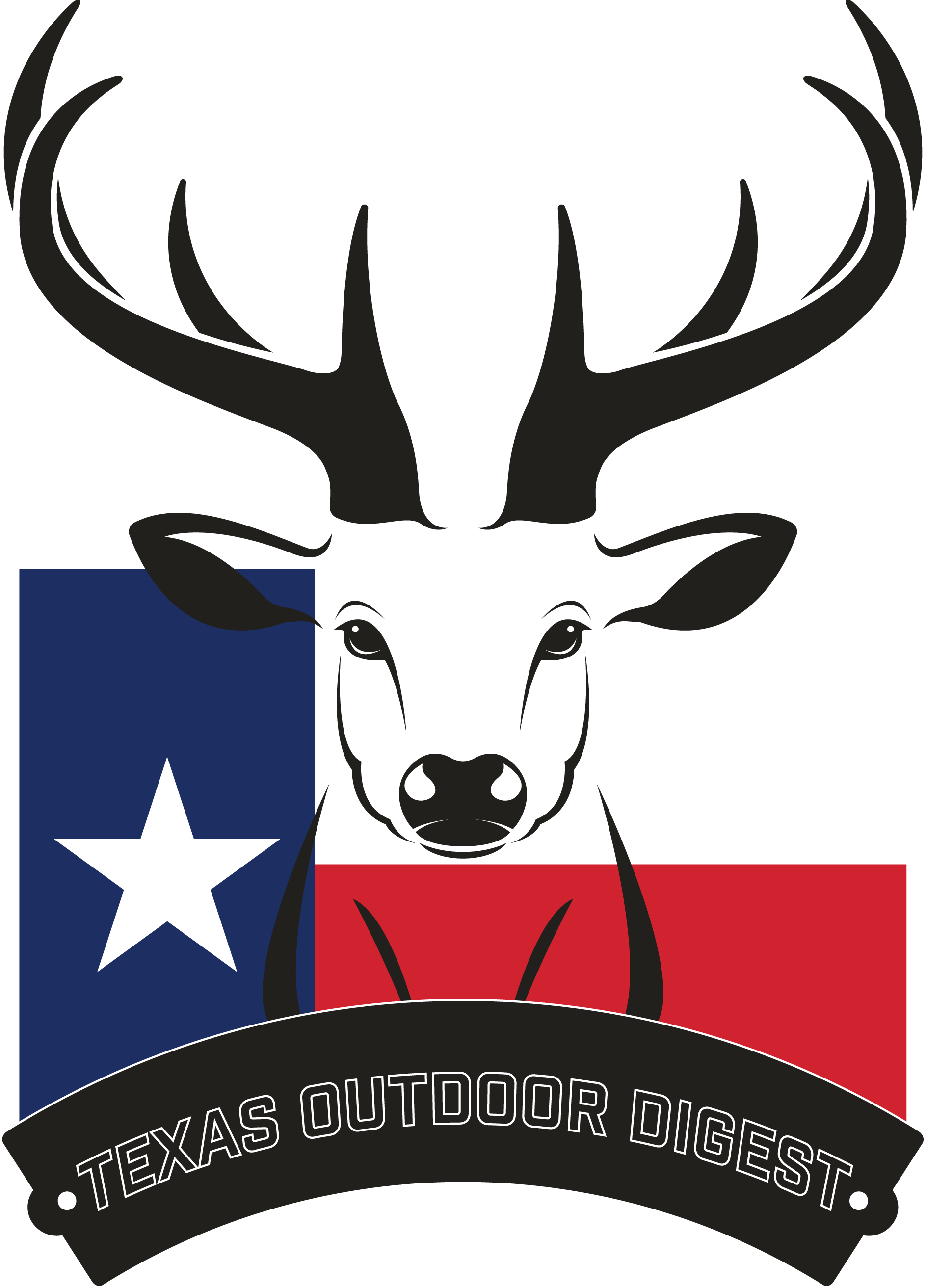
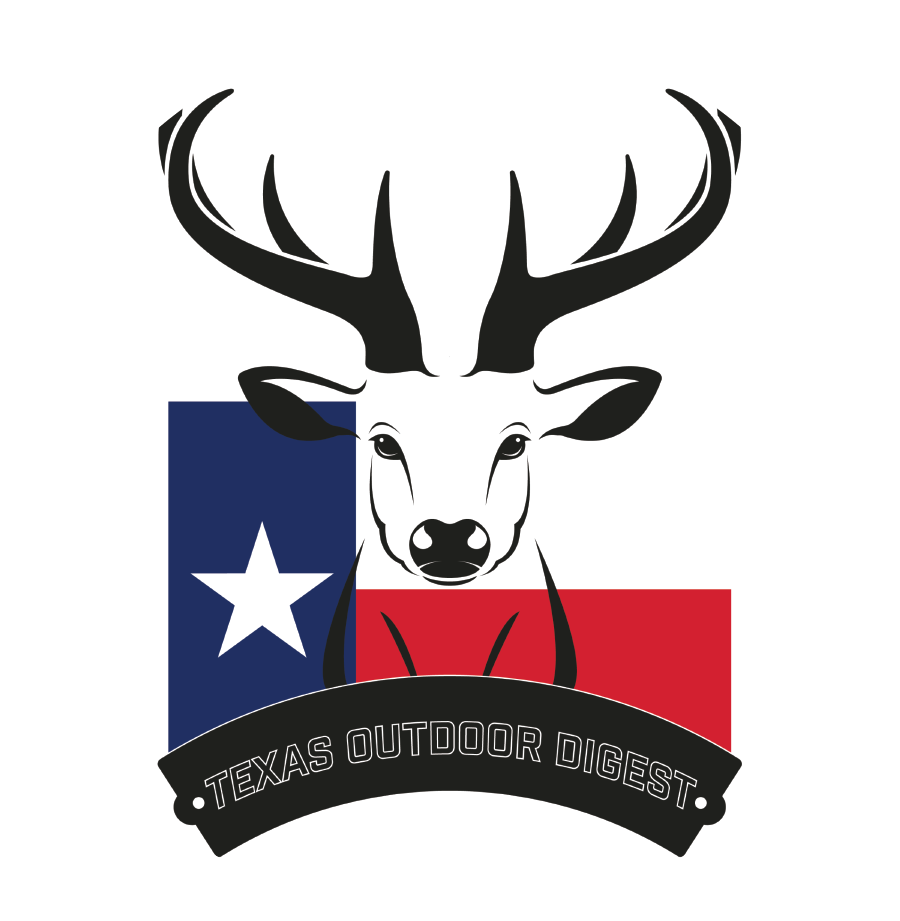
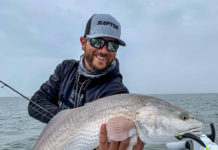

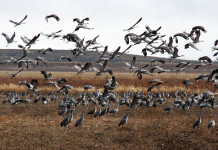
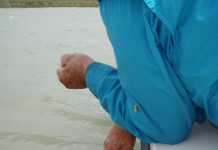







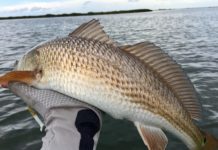

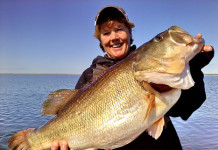


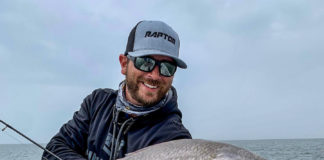

Anglers on Lake Texoma can fish without a state license from Oklahoma or Texas over the entire lake June 4.